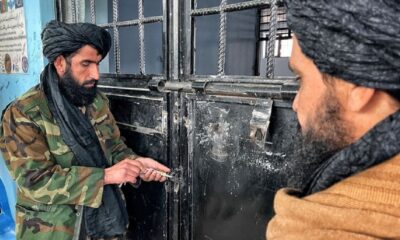Business
IEA says 1403 was a year of economic achievements
According to economic experts, despite sanctions and global pressures, the Islamic Emirate has been able to take important steps in the economic sector.
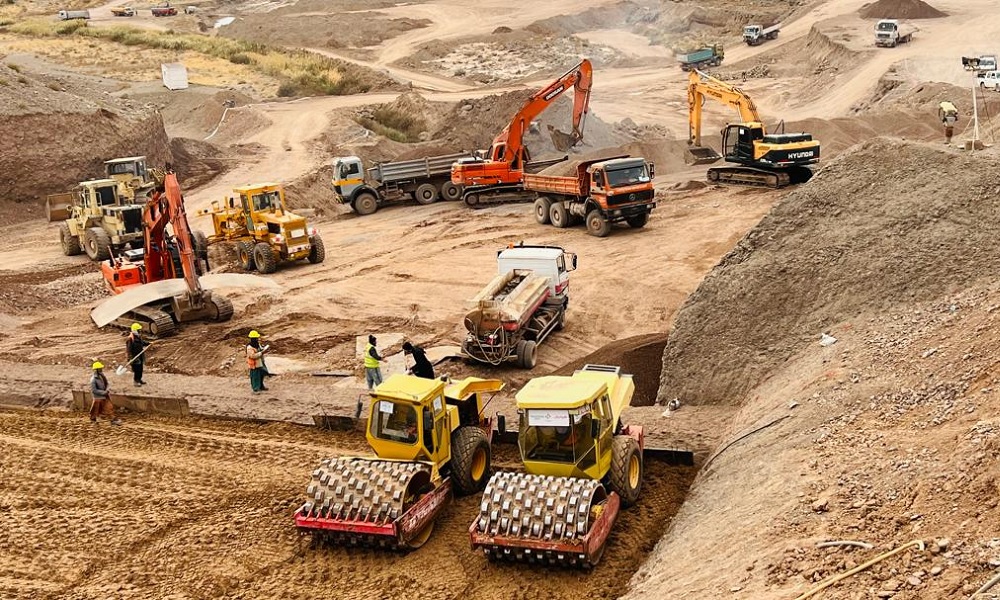
The Islamic Emirate of Afghanistan (IEA) says 1403 was a year of economic achievements, which saw a stable afghani (AFN), the start of TAPI, and new investments. Officials said there was also an increase in trade with numerous countries.
However, banking sanctions were not lifted and the country’s foreign reserves remained frozen.
The Islamic Emirate says that despite the sanctions and the failure to release the country’s foreign reserves, they have been able to maintain the value of the Afghan currency, attract large investments in the mining sector, and also promote trade relations with countries.
Zabihullah Mujahid, spokesman for the Islamic Emirate, says that major projects have been launched in the country and efforts are underway to connect Afghanistan with countries via a railway line.
The Ministry of Commerce and Industry says that a lot of work has been done in the trade sector and seven billion dollars’ worth of investments have been made in the country this year.
The Chamber of Commerce and Investment also says that 1403 was a good year for traders as prices remained stable and the country’s exports totaled $2 billion.
On the other hand, work on some major development projects has either been completed or begun, such as:
- Completion of Kamal Khan Dam
- Completion of Shah and Arous Dam in Kabul
- Completion of Tori Dam in Zabul
- Commencement of Palatuni Dam in Paktika
- Expansion of railway lines
- Commencement of TAPI project
- Continuing the repair of the Salang Highway and the Kabul-Kandahar Road
According to economic experts, despite sanctions and global pressures, the Islamic Emirate has been able to take important steps in the economic sector.
The latest World Bank report states that the Afghan economy is however still unstable. The bank added that although the Afghan economy is witnessing slow growth after two years, it remains fragile and unstable.
The Islamic Emirate, however, said that they see a bright future ahead.
Business
36 mining contracts inked over the past year: Mines ministry

The Ministry of Mines and Petroleum says it has signed 36 large and small mining contracts, with a total value of $1.3 billion over the past year.
Officials from the ministry stated that these contracts include 10 large mines, 25 small mines, as well as projects related to cement, salt, marble, and a major gas extraction contract with Uzbekistan, all signed with both domestic and foreign companies.
Meanwhile, economic experts have emphasized the importance of increasing investments in the mining sector for the country’s economic growth. They have stressed that priority in mining contracts should be given to domestic companies.
“It is better to prioritize domestic investors over foreign ones,” said Kamaluddin Kakar, an economic expert.
In the meantime, members of the private sector also stated that if both foreign companies and Afghan investors can partner in the mining sector, this will not only foster investment development in the country but also bring positive changes in capacity building within the mining extraction sector.
Business
Afghanistan ships first consignment to Europe via Khaf-Herat railway
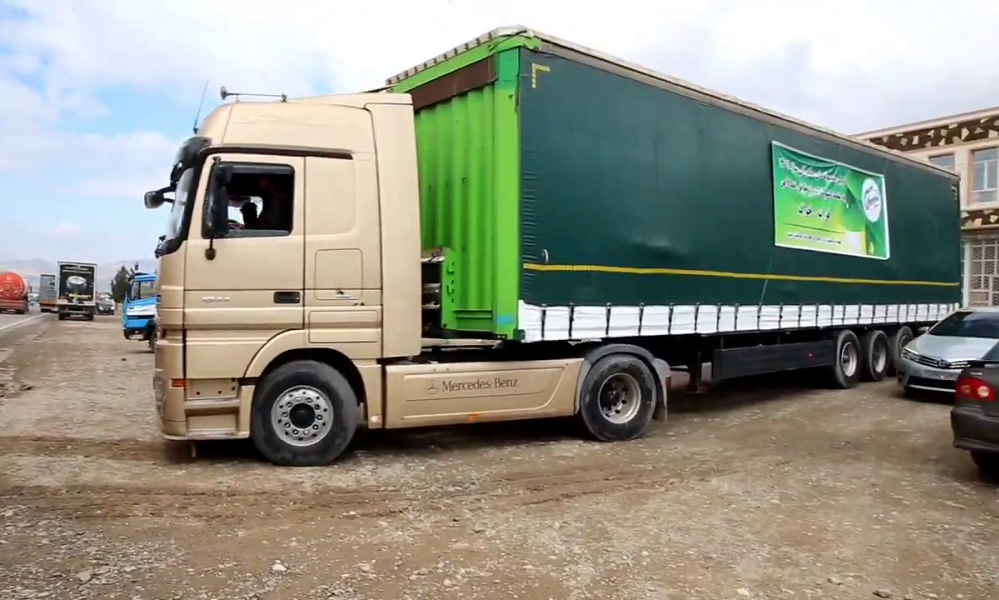
The press office of the Herat governor has announced the export of Afghanistan’s first shipment via the Khaf-Herat railway to Europe.
According to a statement from the office, the shipment includes 200 tons of dried fruits worth $1.2 million, which were exported to Turkey and Europe through the Khaf-Herat railway in the presence of Islam Jar, the governor of this province, and the Iranian Consul General.
The exported dried fruits in this shipment include pistachios, raisins, almonds, and pine nuts.
The statement added that over the past three months, more than 35,000 tons of goods have been transferred via the Khaf-Herat railway.
Business
Russia’s LPG exports to Afghanistan boom as Europe shuns it
The exports to Afghanistan, the main consumer of Russia’s LPG in the region, rose by 52% for the period to 71,000 tons.
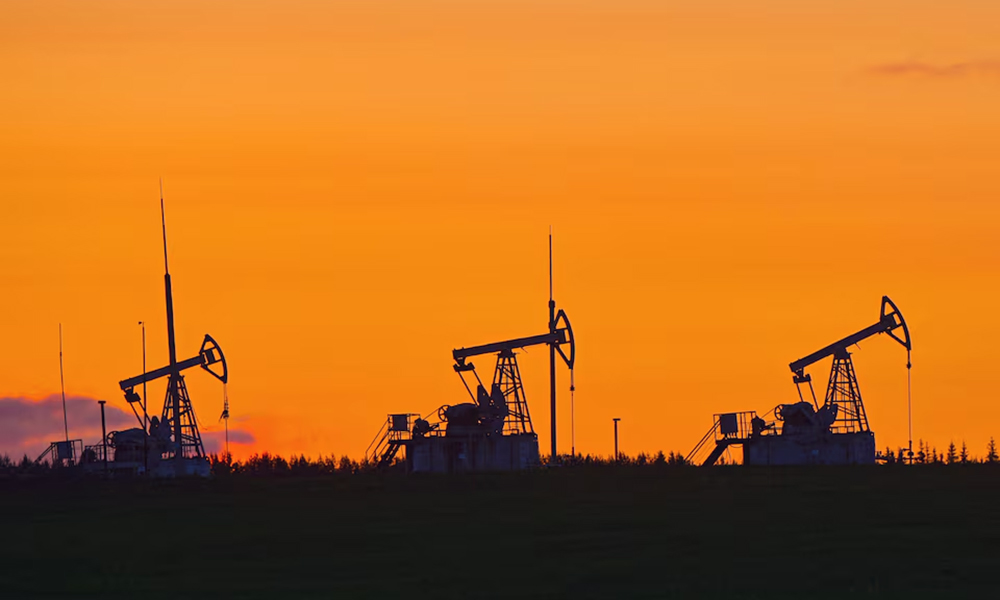
Russia’s exports of liquefied petroleum gas (LPG) to Afghanistan and ex-Soviet states in Central Asia have jumped following introduction of European Union sanctions against Moscow at the end of 2024, industry sources said on Wednesday, Reuters reported.
The European Union’s sanctions against Russia’s LPG over the war in Ukraine took effect on December 20. The restrictions were proposed last year by Poland, one of Russia’s largest LPG importers.
LPG, or propane and butane, is mainly used as fuel for cars, heating and to produce other petrochemicals.
According to the industry sources, railway supplies of LPG from Russia’s plants, including the Kazrosgas joint venture with Kazakhstan, jumped to the region by 80% year on year in January – February to 140,000 metric tons, read the report.
The exports to Afghanistan, the main consumer of Russia’s LPG in the region, rose by 52% for the period to 71,000 tons.
Traders expect great scope for more supplies to Afghanistan, where annual demand for LPG is seen at around 700,000 tons per year.
-

 International Sports4 days ago
International Sports4 days agoIPL 2025: Last over drama; Ashutosh Sharma clinches win for Delhi Capitals
-
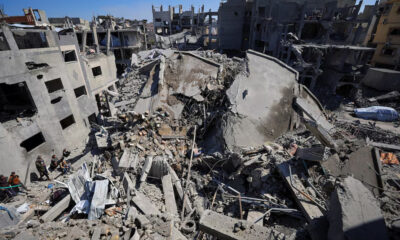
 Regional5 days ago
Regional5 days agoEgypt makes new proposal to restore Gaza truce as Israeli strikes kill 65
-

 Sport4 days ago
Sport4 days agoAfghanistan eliminated from Asian Beach Soccer Championship
-
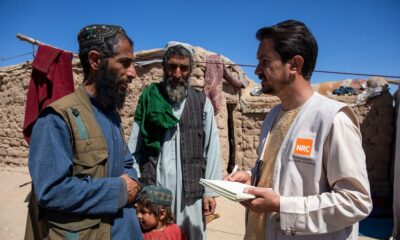
 Latest News4 days ago
Latest News4 days agoNorwegian Refugee Council cuts back on essential humanitarian services in Afghanistan
-
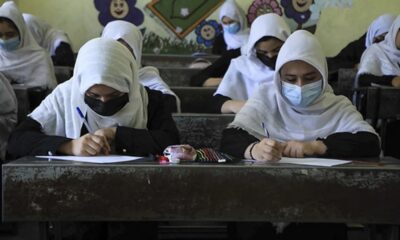
 Latest News4 days ago
Latest News4 days agoUN warns over 4 million Afghan girls will be deprived of education by 2030 if ban continues
-

 World4 days ago
World4 days agoSecretive Chinese network tries to lure fired US federal workers, research shows
-
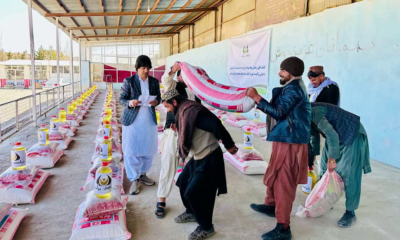
 Latest News4 days ago
Latest News4 days agoDozens of needy families in Ghazni get much needed food aid from Bayat Foundation
-

 Sport4 days ago
Sport4 days agoAFC Asian Cup 2027 Qualifiers: Myanmar defeat Afghanistan 2-1








